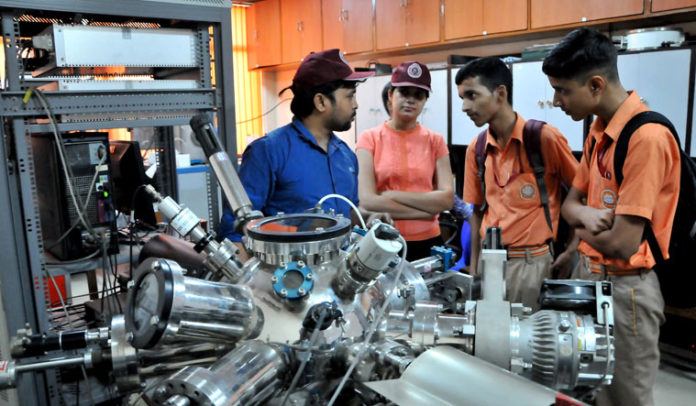IIT Delhi will start a rural internship programme to expose its students to real-life challenges that can them help develop technology solutions for those problems. The premier technology school wants to engage more with society to understand the pain points.
“The idea is to not just publish papers but solve real-world problems. Being a public-funded institution, it is important for us to connect with the public,” said V. Ramagopal Rao, director at IIT Delhi. The programme will start this summer with a first batch of 50 students.
The premier technology school is also going to tie up with AIIMS, wherein IIT faculty members and students will work with doctors to come up with solutions to medical challenges.
The IIT director further said that the institute is working towards promoting interdisciplinary research in the campus. For faculty members who work on interdisciplinary research, the institute will provide a seed grant of Rs 10 lakh per year.
The top-ranked engineering school is opening a residential incubation facility at Sonipat at a cost of Rs 200 crore and a central research facility for Rs 100 crore. It is also starting an incubation centre for start-ups by PhD scholars in the area of deep technology. “There are few avenues for PhDs in India except for becoming faculty members. They struggle to find jobs. Here, we are allowing them to convert their PhD idea into a start-up,” said Rao at a media preview of IIT Delhi’s innovations for Open House. This year, 20 such start-ups will be incubated.
“Technology can be great fun.” That is the message IIT Delhi is giving out to youngsters who will participate in its 14th edition of Open House. Open House is IIT Delhi’s annual event where it showcases the best of research and innovation undertaken in the last one year.
School and college students will get to listen to talks on artificial intelligence and 5G technology. There is also a session on ‘fun-gineering’, that is having fun while doing engineering, and another one on machine translation. The idea is to shatter the myth that technology is boring.
Some of the key projects being exhibited this year are the durable intelligent artificial leg, which uses smart-sensing technology in the shoes to adapt to the movement of the individual along with a few other rehabilitation devices; flow battery for renewable energy storage; a process to prevent crop residue burning and refreshable Braille display.
















































